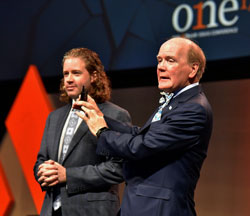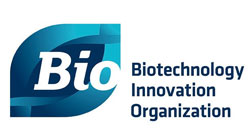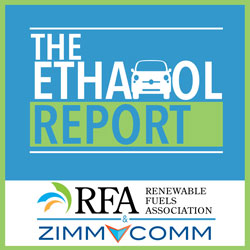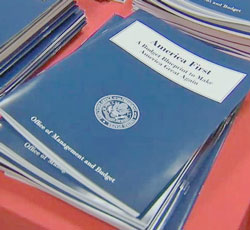Dr. Mark Lyons was a young boy in 1980 when his father, Dr. Pearse Lyons, started Alltech with an investment of $10,000. Today, the global animal health company employs more than 4700 people with a presence in 128 countries, including the rapidly growing Chinese market where Mark is based as global vice president for the company.
The youngest Dr. Lyons says he definitely thought about pursuing a career outside his father’s company, but it was the beer that changed his mind. “We started in the ethanol industry and got into agriculture,” but Mark says the beer came about because after graduating from the University of Chicago his father bought the local 200-year-old Lexington Brewing Company that was closing and urged Mark to go study brewing in Scotland. “And that’s how we actually started with Kentucky Ale, so I headed off to Scotland with a beer to brew,” he said.
That was 1999 and Alltech Lexington Brewing & Distilling Co. has since become a producer of the Kentucky Ale family of award-wining beers and spirits and is one of the few joint brewing and distilling operations in the world. In 2012, the company became part of the famous Kentucky Bourbon Trail® when it opened its Town Branch Distillery, which produces Town Branch® Bourbon, Pearse Lyons Reserve® and Bluegrass Sundown®.
This was my first year to attend the Alltech ONE symposium, even though AgWired has been there since 2008, and it was the first time I had met any of the Dr. Lyons’s so in the short five minutes I had to chat with Mark I really wanted to know what it was like growing up with a disruptor like his father: Interview with Dr. Mark Lyons, Alltech
Mark’s topic at the Alltech symposium was Meeting the Demands of the “Rising Billion” – Dr. Mark Lyons, Alltech 2017 presentation












